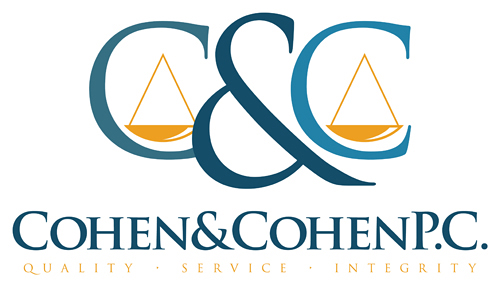There are really 3 routes one can take when settling their debts: 1) Do it Alone; 2) Hire a Non-Attorney Debt Settlement Firm; 3) Hire an Attorney.
| Alone | Non-Attorney | Attorney | |
|---|---|---|---|
| Ability to Undertake Basic Negotiations | |||
| Able to get a Deal, Any Deal | |||
| Say the Correct Things | |||
| Third Party Oversight (other gvt agency) | |||
| Training & Supervision | Debatable | ||
| Bonded/Insured | Sometimes | ||
| Enhanced Negotiation Experience | |||
| Advise as to Contractual Obligations | |||
| Advise of Statute of Limitations | |||
| Draft and Review Release Agreements | |||
| In Person Legal Consultation | |||
| Litigation Defense | |||
| Collectors Required to Call via Federal Law | |||
| Enhanced Ethical Requirements | |||
| Advise as to Other Legal Options | |||
| Price | Free | Highest | Lowest |
Consumers can settle the debt own their own. The biggest benefit of going it alone are that it’s free and you can get a deal. Frankly speaking once you add in the fees of a non-attorney firm it is probably a break-even proposition.
However with both the solo and non-lawyer approach the consumer typically ends up paying more, receiving a smaller discount, foregoes real legal analysis and risks making the wrong financial decision as opposed to a skilled debt settlement attorney.

